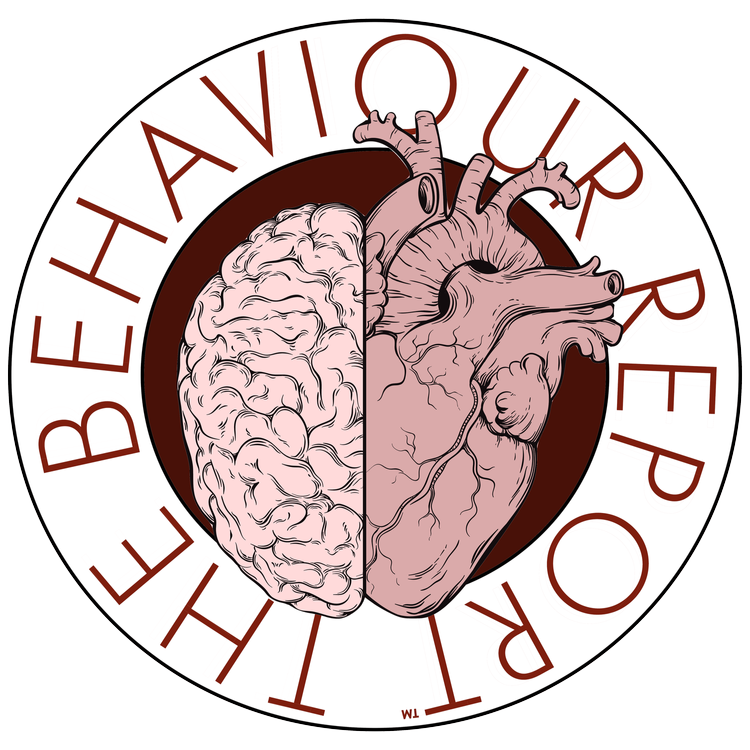Dan Gregory @DanGregoryCo
One of the things that has human beings turning to motivational literature in their multitudes is the difference between "Need to" and "Want to".
Typically, want todoesn't require a lot of motivation - it's intrinsically linked to whatever that activity might be. Few of us need to "motivate" ourselves to enjoy a good meal or a soft bed at the end of a long day.
However, activities that are more need to, or have to, or (shudder) shoulds tend to rely on extrinsic motivation in one form or another. This might be a deadline, or some kind of legal repercussion, a physical or reputational risk or something of the like. In other words, if we don't, we're going to get our procrastinating butts kicked.
Often times, this can be motivation enough. But that leaves what to do about those tasks where the outside, or extrinsic, cost isn't enough to motivate us. Famed author, Douglas Adams, once quipped, "I love deadlines. I love the whooshingsound they make as they pass by."
So what kind of motivation is required for a need toactivity that, may not be enjoyable or even pleasant, is still rather necessary?
This is where behavioral, or motivation, design can be of enormous assistance.
We've all used motivation design in one form or another throughout our lives - you may have placed an alarm clock on the other side of the room so that you couldn't just hit snooze, or you may have parked the car a reasonable distance from the office to enforce some daily aerobic activity, or you might even have coordinated your daily movements in order that your path might cross with a secret love interest (but this is clearly stalking and not to be encouraged).
The long and shot of it is, by designing our environments, and indeed systems, so that they support these necessary activities, and might even make them intrinsically motivating or at least hard to avoid, we increase our chances of success and critically, shift our mindset surrounding these activities in such a way that they become less paralyzing in the future.
So, if you need to, systematize it until it becomes unconscious competence. (But stop following people home... it's creepy.)
